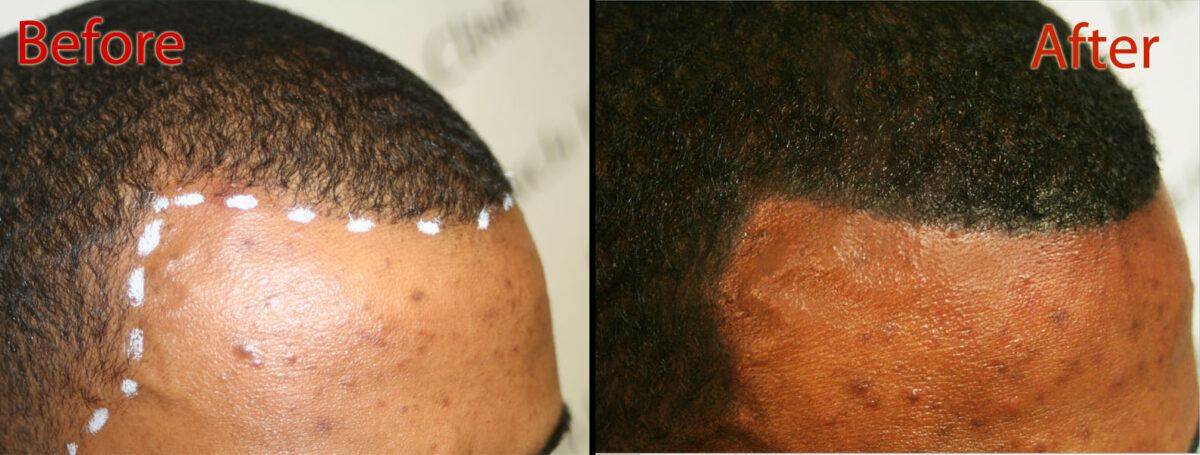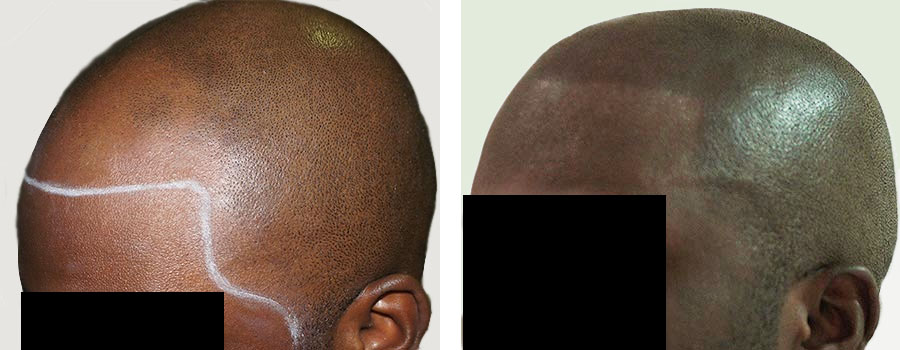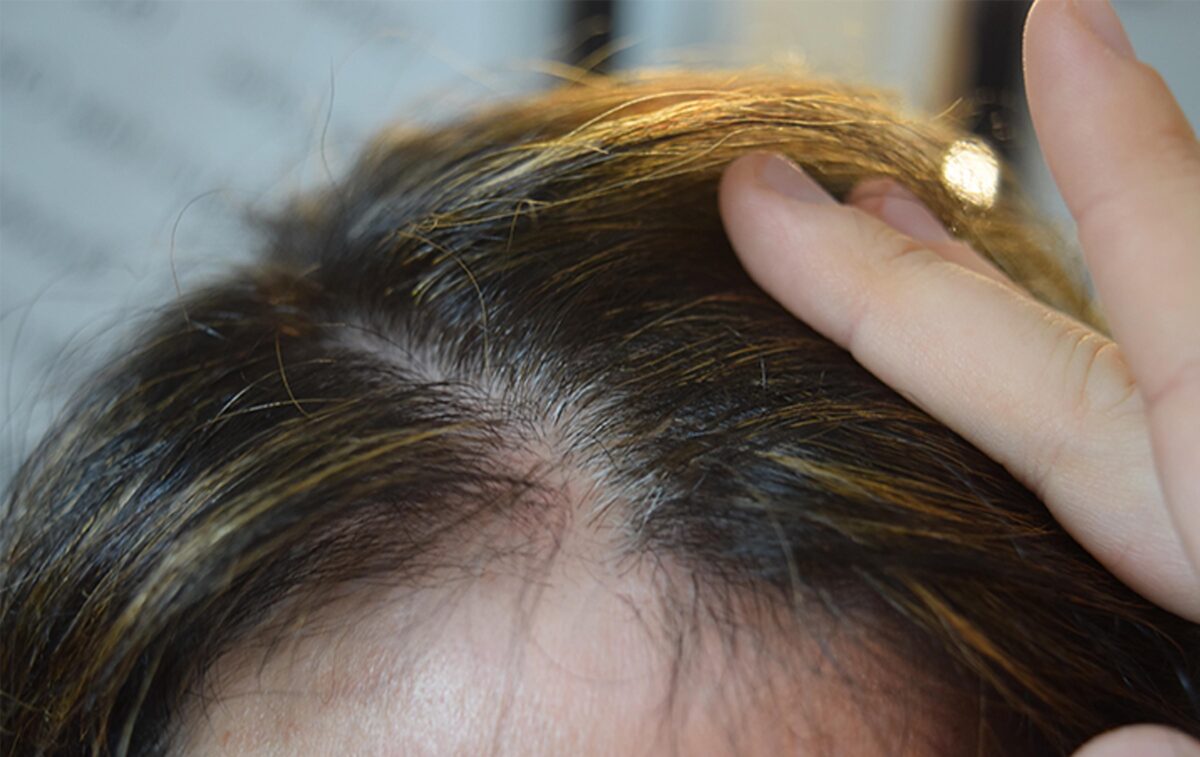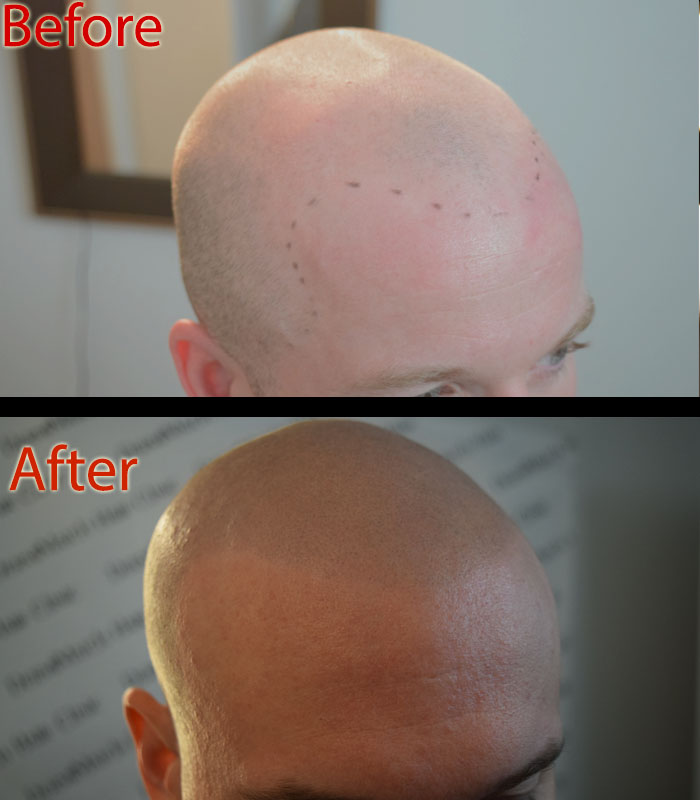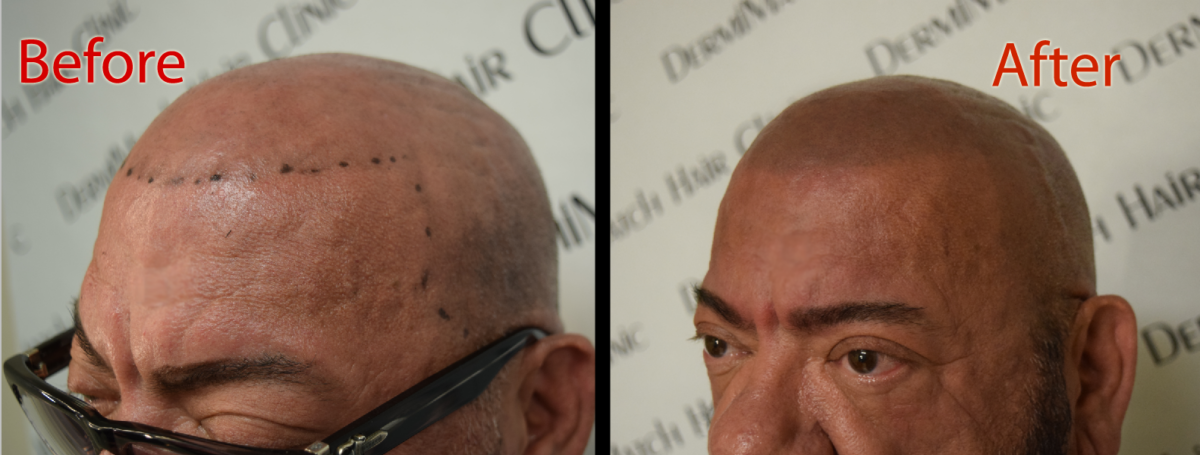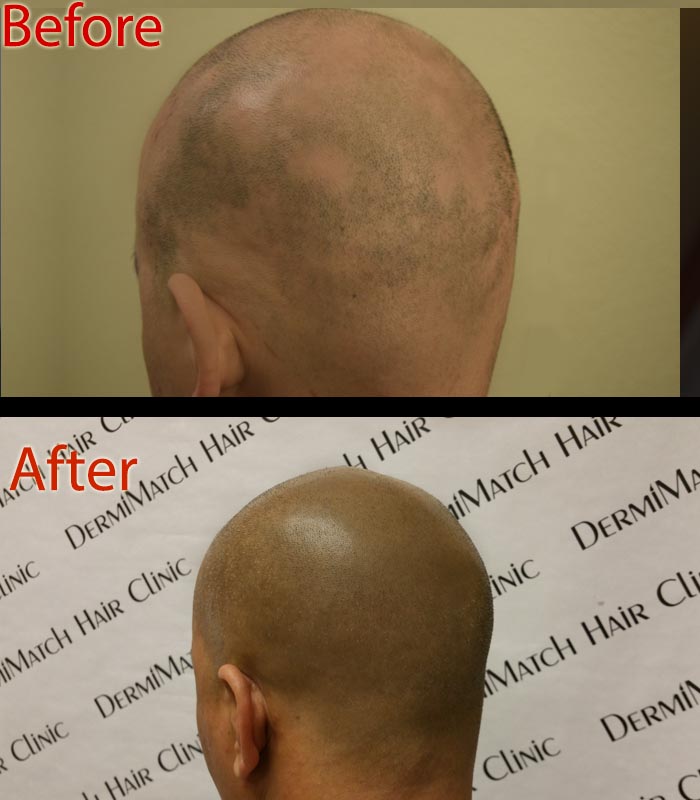While creatine may not directly cause hair loss, there is still an indirect connection. The supplement may affect the levels of DHT hormone, which is often blamed for hair loss. Creatine occurs naturally in the human body, though it can be consumed in supplement form, too.
How does DHT cause hair loss?
Since hair follicles undergo three primary processes – growth, resting, and shedding.
After the growth phase, your hair passes through the resting phase. Following this, the hair falls out. DHT can bind to specific follicle hormone receptors, leading to shortened growth cycles. As a result, hairs become thinner and shorter. This disturbs hair growth. Additionally, more hair is shed while hair growth slows down.
How does creatine relate to hair loss?
The hair-loss rumor linked to creatine stems from a 2009 study in which the subjects took creatine daily for three weeks. They were rugby players who were on creatine supplementation for muscle building. According to the study, a “statistically significant” increase in DHT resulted in shrunk hair follicles and increased hair thinning. The subjects also reported a shortened hair growth cycle.
However, following this research, other research-based studies concluded that it was merely a misconception since none of the subjects, aka rugby players, was found to have experienced hair loss due to creatine supplementation. The study also established that the DHT levels of all subjects “remained well within normal clinical limits” despite the increase. That means DHT levels did not go abnormally high.
So does creatine cause hair loss?
Creatine is a derivative of amino acid, which stores phosphocreatine molecules needed for muscle development. While there are plenty of creatine benefits, no conclusive evidence suggests its direct connection with hair loss.
Some research suggests that creatine may be a safe supplement for vegetarians whose diets don’t include meat. Although the Food and Drug Administration doesn’t approve it as a drug, creatine is recognized as “Safe” by the FDA.
Besides, it is water soluble. That means excess won’t cause too much trouble as it would be flushed out. But always exercise caution when using supplements, and do not go beyond the prescribed dosage to be within safe limits.
More research is required to determine the connection between hair loss and creatine supplements.
Perfect Solution For Creatine Hair Loss?
If you fear hair loss is induced by creatine, you may consult your doctor. The problem is aggravated due to some other cause, not creatine.
Additionally, if hair loss sends shivers down your spine, you may want to try out a safe, permanent solution for hair loss.
Choose scalp micropigmentation or SMP to camouflage the signs of hair loss. it is one of the most innovative techniques to hide the effects of hair shedding, hair thinning, or receding hairline.
SMP creates the impression of a full head of hair, thus helping restore confidence in people troubled with hair loss. The procedure is non-invasive and has no side effects. Moreover, it helps people suffering from bald patches due to alopecia areata or inherited hair loss. It can even correct scars left by hair loss.
Get in touch with SMP Scottsdale experts for scalp micropigmentation. They have helped thousands of clients suffering from hair loss restore their self-confidence.

